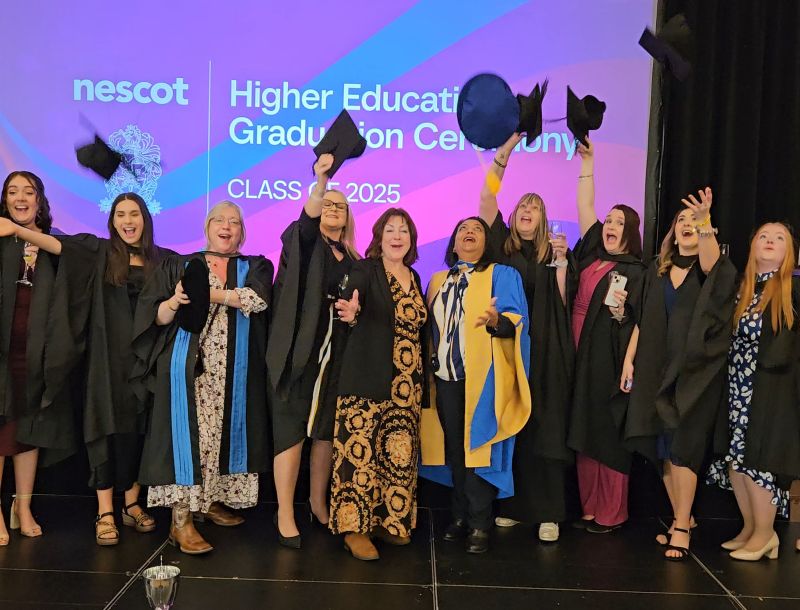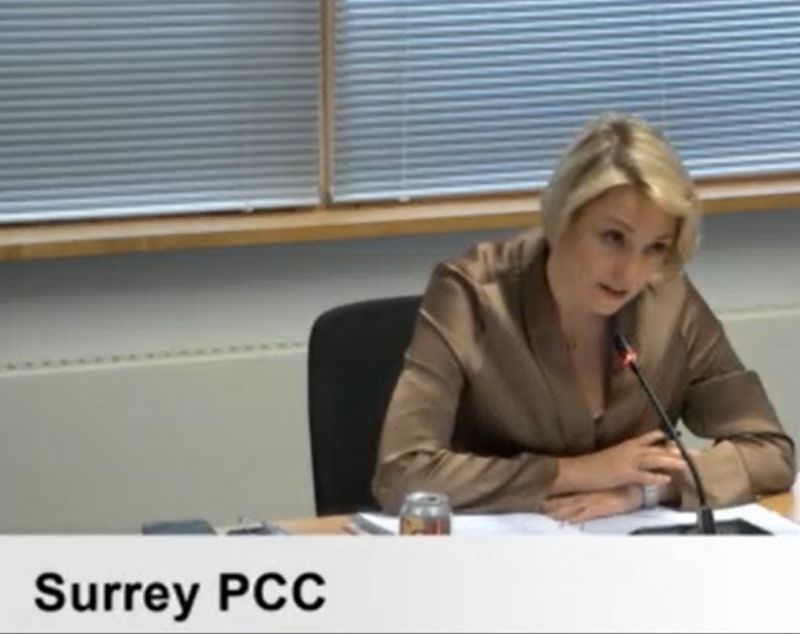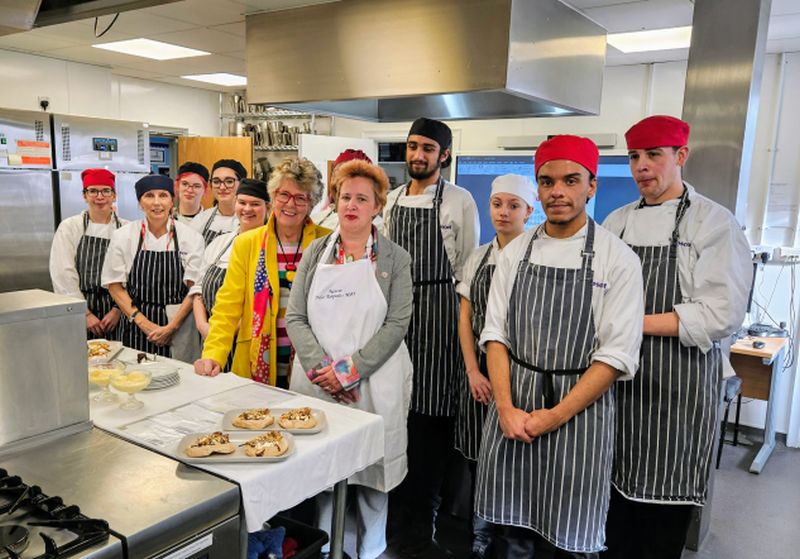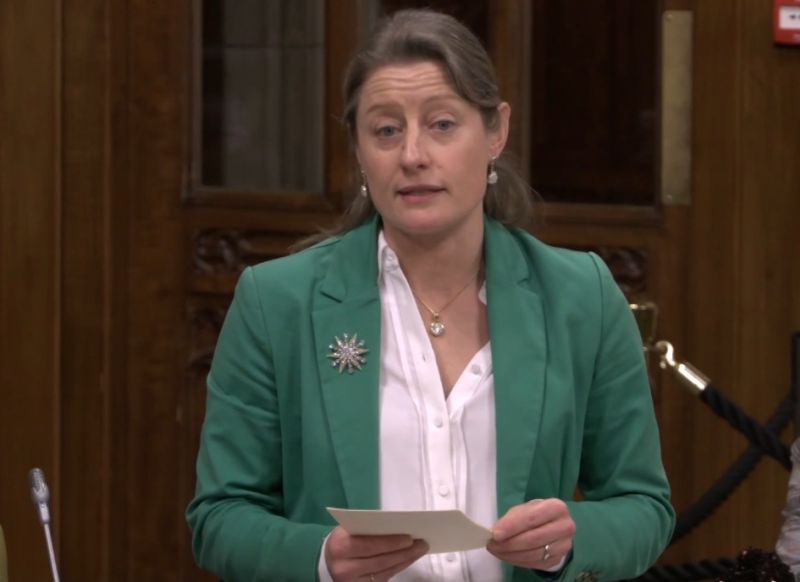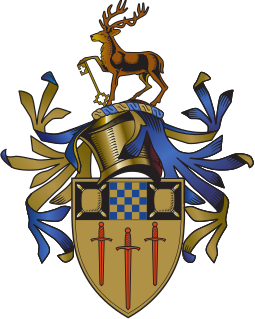Surrey Uni to research mono-syllabic complexity
The University of Surrey is part of an international team of researchers that has been awarded £8.3 million to better understand human language by researching one of the world’s most complex linguistic systems.
Thanks to a prestigious Synergy Grant from the European Research Council, the project will explore the West Nilotic languages of East Africa. These languages are able to pack more information into a single syllable than any other known language family. Exactly how such systems could have evolved remains a mystery.
The project brings together experts from the Surrey Morphology Group, the University of Edinburgh, and France’s CNRS, in partnership with institutions in the USA, and will engage stakeholders in South Sudan, Ethiopia, and Kenya to ensure wide-reaching impacts, including literacy initiatives.
Professor Matthew Baerman, who leads the project at the Surrey Morphology Group at the University of Surrey, said:
“Our aim is to discover how West Nilotic languages evolved structures of such complexity, and just as importantly, why other languages did not. It’s a puzzle that could reshape how we think about the cognitive limits of human language.”
The team’s approach combines traditional fieldwork with cutting-edge experimental techniques to reconstruct the historical evolution of these languages. The findings promise to have far-reaching implications, offering new insights into the possible and impossible in human language evolution.
Professor Erich Round, Research Centre Leader of the Surrey Morphology Group. said:
“The Surrey Morphology Group has carried out world-leading research into the wonders of human language for over thirty years. We are delighted to have secured our second major grant from the European Research Council in two years, and our third since the Council’s establishment in 2007. Most of all, we’re thrilled to bring to the world’s attention some of humanity’s most astounding and illuminating linguistic systems.”
Professor Baerman continued:
“The languages we find in the world today represent just a small fraction of what must have existed over the course of history, meaning much remains to be discovered about the full potential of human language. West Nilotic gives us the means to uncover this potential.”









